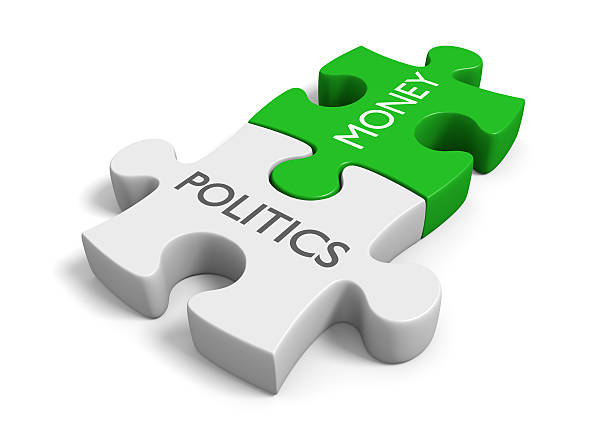A Political Action Committee (or PAC) is a private organization that raises money to influence elections, especially on the federal level. These are political groups whose purpose is to help elect or defeat a specific candidate. The people involved with these PACs usually have the same ideology.
PACs become interesting when it comes to money. As an individual, I can give $2,700 to anyone federal candidate. A PAC can only give up to $5,000 to anyone specific candidate and they can give up to $15,000 to a national party committee. PACs can give up to $5,000 to another PAC and individuals can give up to $5,000 to a specific PAC.
PACs came about in the 1944s during the Roosevelt reelection campaign. The CIO (a union that stands for Congress of Industrial Organization) formed on to raise money for Franklin Rosevelt. Because the money came from individual members and not the Union itself it was legal, as long as the funds were kept in a separate bank account from the union itself.
So let’s take a specific PAC, EMILY’s List. EMILY’s List is a PAC whose mission is to, as their website says, to get “pro-choice
Democratic women elected to office.” Emily’s List supports 64 federal candidates this year. Emily’s List can give $5,000 to each candidate and it can give $15,000 to the DNC which is given to candidates in high-pressure races. Emily’s list can give $5,000 to specific PACs that these candidates support. As an individual, I can give $2700 to any specific candidate. Then knowing that Emily’s List only supports pro-choice Democratic Women I might give Emily’s List itself $5000 or give $2700 to each of the candidates that Emily’s list supports.
PACs are a way for money to be collected in politics and spread to other candidates or to other organizations that support other candidates. These orgainzations collect more money for candidates and help candidates who may not be able to financially support a campaign.



























